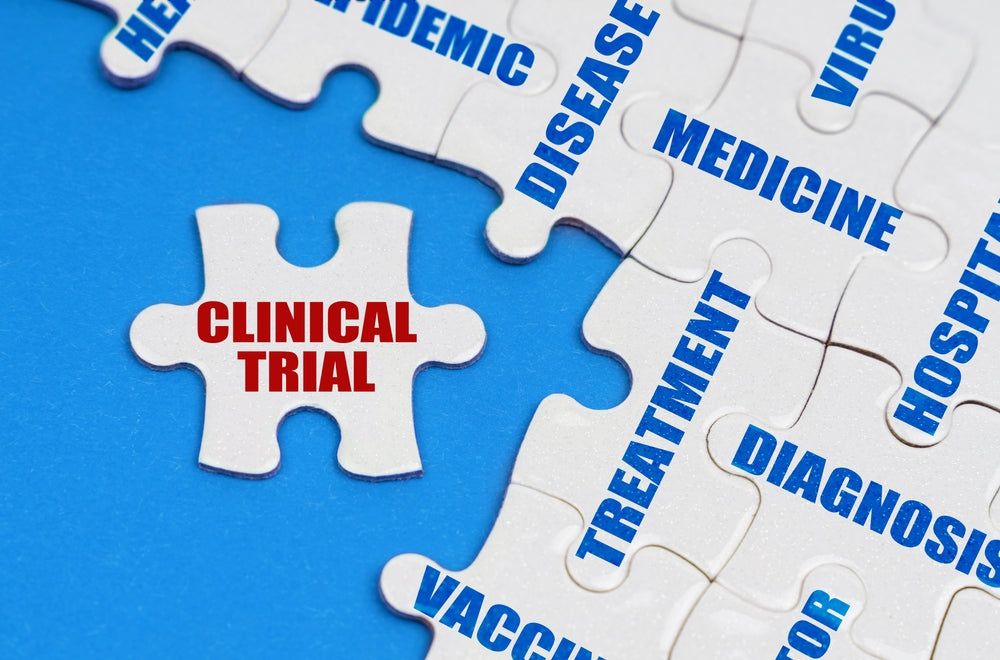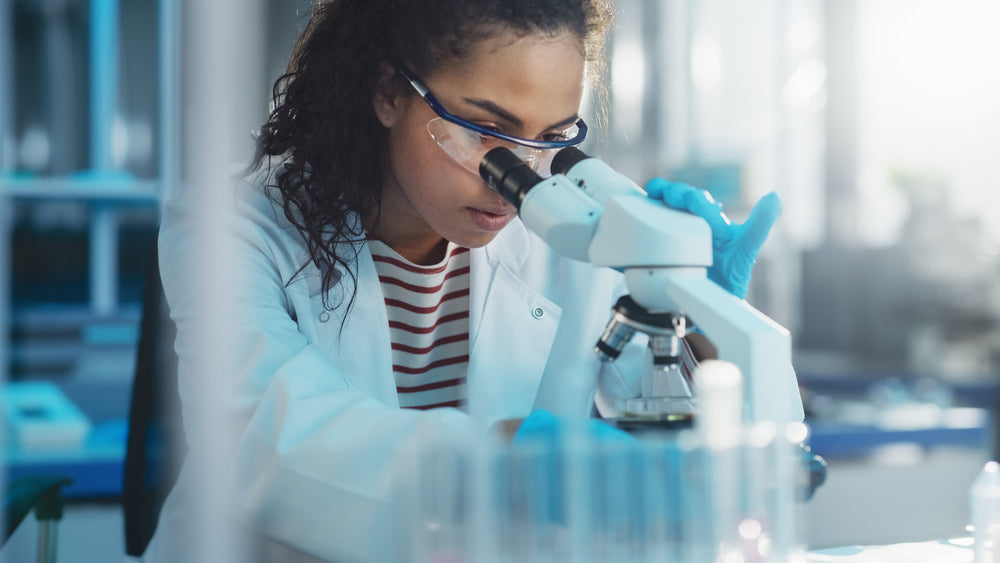News

age-related vision loss
Proper balance of amino acids key in photoreceptor health
Researchers at the University of Michigan recently published results of a study that focused on the dependence of photoreceptors on the amino acid, glutamine.

age-related macular degeneration
Overproduction of a protein may hold the key to a cure for AMD
Researchers recently discovered a protein that seems to play a critical role in the onset of age-related macular degeneration (AMD).

age-related macular degeneration
Study shines light on Saffron's positive affects on vision
Despite it's hefty price tag, saffron, which is a powerful antioxidant, is a popular dietary supplement used for a wide range of ailments including the improvement of cognitive function, mood boost...

age related macular degeneration
Visual hallucinations commonly associated with age-related macular degeneration
Charles Bonnet Syndrome (CBS) is a condition that occurs when people lose some or all of their vision.

age related macular degeneration
Phase 2b clinical trials set for potential AMD treatment
More than one million Americans aged 40 and over are affected by geographic atrophy (otherwise known as advanced dry age-related macular degeneration), which currently has no available therapy that...

age related macular degeneration
How the eye gives us a glimpse into human aging
The eye has been said to be the window to the soul and it may also offer us a glimpse into human aging.

age-related macular degeneration
Macular degeneration linked to obesity
Researchers were examining why some people with a genetic predisposition develop age-related macular degeneration (AMD) while others with the genetic predisposition do not.

age-related macular degeneration
Lab-grown retinal cells indicate possibility of clinical trials
Researchers hope that these cells are ready to be studied in human clinical trials

age related macular degeneration
Smokers can develop age-related macular degeneration earlier than non-smokers
To better protect overall health, including eye health, WHO encourages people to not use tobacco or e-cigarettes and for those who do use these products, they are encouraged to quit.
